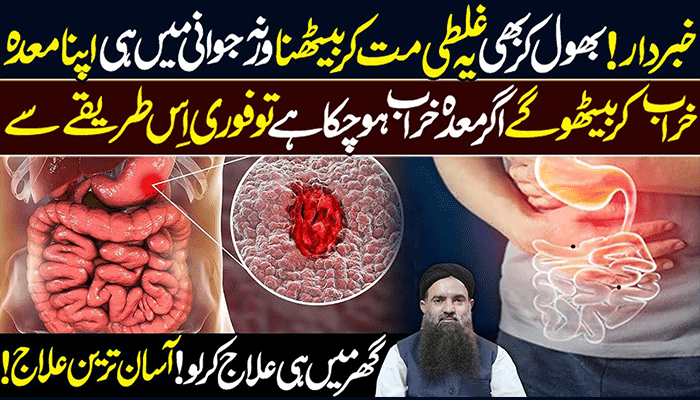1. Introduction
Digestive disorders can significantly impact daily life, causing discomfort and disrupting regular activities. This article aims to explore common stomach problems, their causes, and effective treatments, with a focus on addressing bloating—a prevalent symptom of various digestive issues.
2. Common Stomach Problems
2.1 Indigestion
Exploring the discomfort and burning sensation associated with indigestion, often triggered by overeating or consuming certain foods.
2.2 Acid Reflux
Understanding the backflow of stomach acid into the esophagus, causing heartburn and potential damage to the esophageal lining.
2.3 Irritable Bowel Syndrome (IBS)
Highlighting the chronic condition characterized by abdominal pain, bloating, and changes in bowel habits, often triggered by stress or certain foods.
3. Causes of Bloating
3.1 Overeating
Discussing how consuming large meals or eating too quickly can lead to bloating as the digestive system works to process the excess food.
3.2 Gas Buildup
Exploring the normal digestive process and how gas produced during digestion can accumulate, leading to bloating.
3.3 Food Intolerances
Addressing how certain individuals may experience bloating due to intolerances to specific foods, such as lactose or gluten.
4. Diagnosing Digestive Disorders
4.1 Medical Evaluation
Highlighting the importance of consulting a healthcare professional for an accurate diagnosis through medical history, physical examination, and possibly further tests.
4.2 Endoscopy and Imaging
Exploring diagnostic procedures like endoscopy and imaging studies that provide detailed insights into the digestive tract.
5. Treatment Options
5.1 Dietary Changes
Discussing the role of dietary modifications, such as avoiding trigger foods and incorporating fiber-rich options, in managing stomach problems and bloating.
5.2 Medications
Exploring over-the-counter or prescription medications that can alleviate symptoms, including antacids for indigestion and proton pump inhibitors for acid reflux.
5.3 Probiotics
Highlighting the potential benefits of probiotics in promoting a healthy balance of gut bacteria and reducing symptoms of digestive disorders.
6. Lifestyle Modifications
6.1 Stress Management
Emphasizing the impact of stress on digestive health and the importance of stress-reduction techniques like meditation and yoga.
6.2 Regular Exercise
Discussing how regular physical activity can aid digestion and reduce symptoms of digestive disorders, including bloating.
7. Seeking Professional Guidance
7.1 Gastroenterologist Consultation
Encouraging individuals experiencing persistent stomach problems and bloating to seek the expertise of a gastroenterologist for specialized care.
7.2 Nutritionist Support
Highlighting the role of nutritionists in providing personalized dietary guidance for managing digestive disorders.
8. Prevention Strategies
8.1 Balanced Diet
Encouraging a well-balanced diet rich in fiber, lean proteins, and probiotic-rich foods to support digestive health.
8.2 Hydration
Stressing the importance of staying hydrated to promote proper digestion and reduce the risk of constipation.
9. Conclusion
Digestive disorders can significantly impact the quality of life, but effective management strategies are available. Understanding the causes of stomach problems and bloating, seeking professional guidance, and adopting lifestyle modifications can contribute to improved digestive health.
10. FAQs about Digestive Disorders
Q1: Can stress really trigger digestive problems?
A1: Yes, stress can impact the digestive system, leading to symptoms like bloating and indigestion. Managing stress is essential for overall digestive health.
Q2: How long does it take to see improvements with dietary changes for bloating?
A2: Individuals may experience relief from bloating within a few days to weeks after making dietary modifications. It varies based on the specific causes.
Q3: Are there specific foods that commonly trigger bloating?
A3: Certain foods like beans, cruciferous vegetables, and carbonated drinks are known to cause bloating in some individuals. Identifying personal triggers is essential.
Q4: When should I see a doctor for persistent digestive issues?
A4: If digestive symptoms persist for more than a few weeks, it’s advisable to consult a healthcare professional for a thorough evaluation and diagnosis.
Q5: Can probiotics help with all types of digestive disorders?
A5: While probiotics may provide relief for some digestive issues, their efficacy can vary. Consulting a healthcare professional for personalized advice is recommended.






